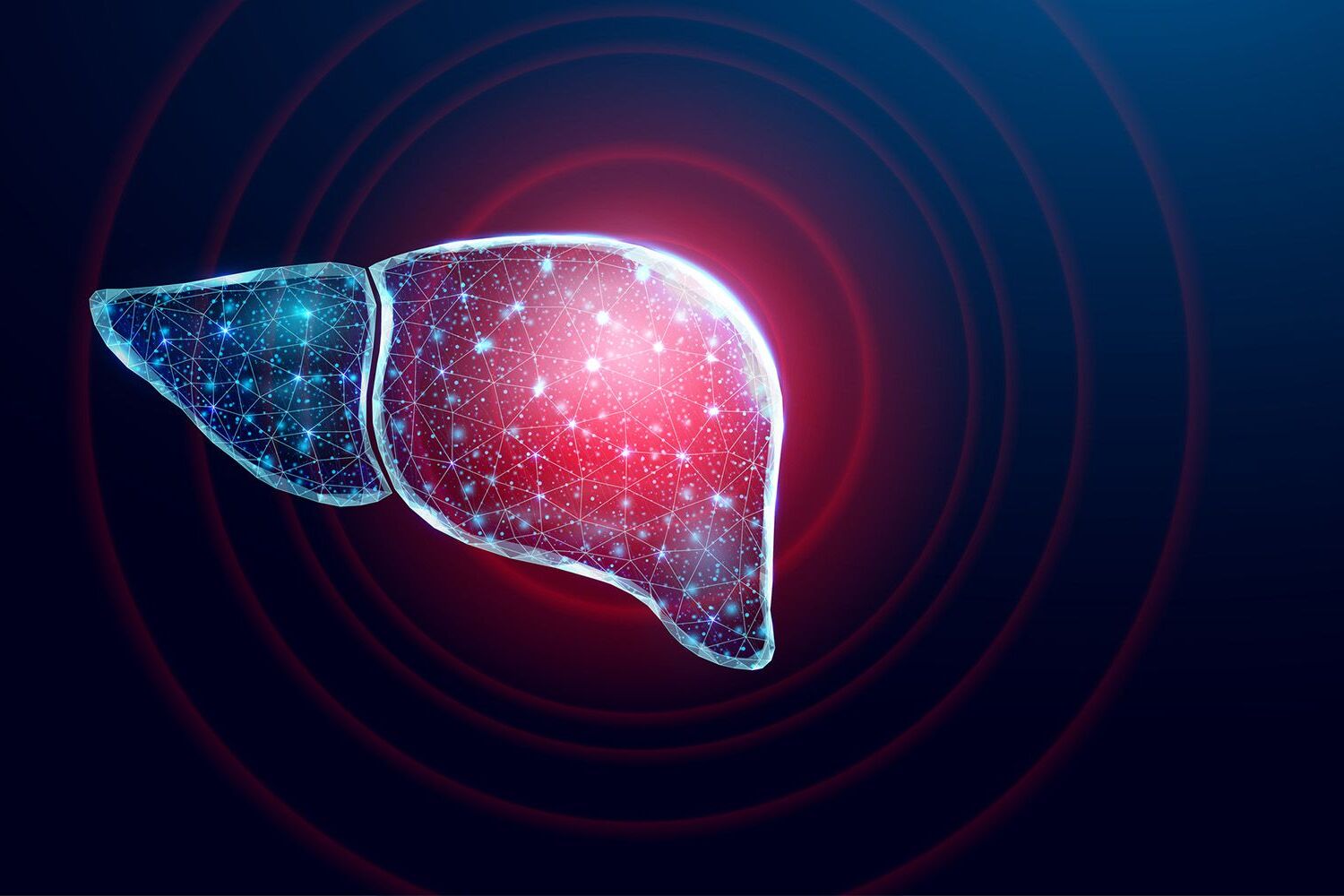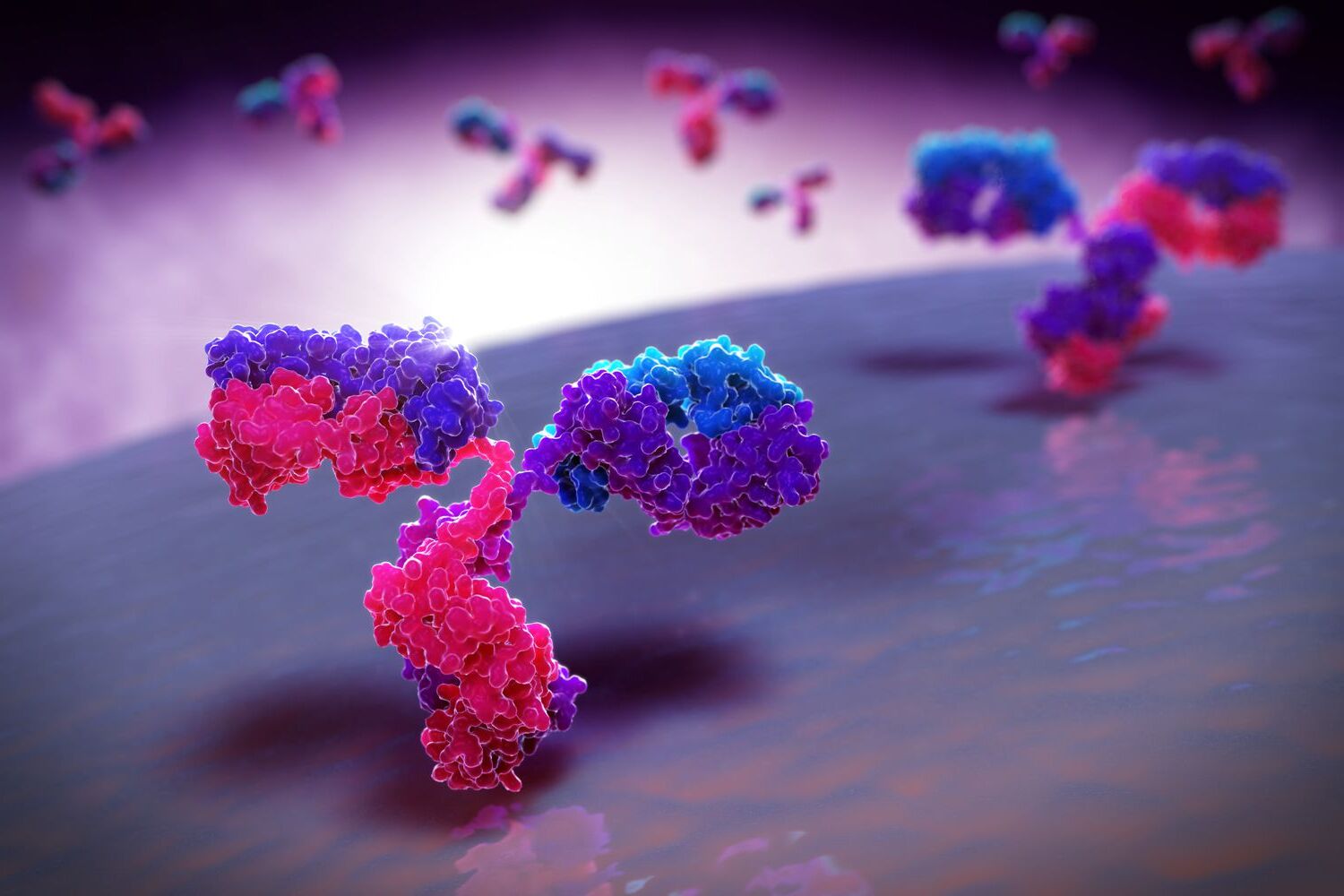
Glycogen is a vital energy reserve in our bodies, acting as the primary storage form of glucose. Found mainly in the liver and muscles, it plays a crucial role in maintaining blood sugar levels and fueling physical activity. But what exactly is glycogen, and why is it so important? Glycogen is a polysaccharide, meaning it's a large molecule made up of many glucose units linked together. When your body needs energy, enzymes break down glycogen into glucose, which is then used by cells. This process is especially important during exercise or between meals. Understanding glycogen can help you make better choices about diet and exercise, ensuring you have enough energy when you need it most. Ready to dive into 50 fascinating facts about this essential molecule? Let's get started!
Key Takeaways:
- Glycogen is a vital energy source stored in the liver and muscles, providing fuel for high-intensity exercise and impacting overall health. It's like a quick energy snack for your body's muscles and liver!
- Eating carbs, staying hydrated, and consuming a balanced diet are essential for maintaining and replenishing glycogen levels. It's like giving your body the right fuel and fluids to keep it running smoothly!
What is Glycogen?
Glycogen is a vital energy storage molecule in the body. It plays a crucial role in maintaining blood sugar levels and providing energy during physical activities. Here are some fascinating facts about glycogen:
-
Glycogen is a polysaccharide, meaning it is made up of many glucose molecules linked together.
-
It is primarily stored in the liver and muscles.
-
The liver can store about 100 grams of glycogen.
-
Muscles can store roughly 400 grams of glycogen.
-
Glycogen is broken down into glucose when the body needs energy.
-
The process of breaking down glycogen is called glycogenolysis.
-
Glycogen synthesis is known as glycogenesis.
-
Insulin promotes glycogen storage in the liver and muscles.
-
Glucagon stimulates glycogen breakdown in the liver.
-
Exercise increases the rate of glycogen breakdown in muscles.
Glycogen's Role in Exercise
During physical activities, glycogen serves as a quick energy source. Understanding its role can help optimize performance and recovery.
-
Glycogen is the primary fuel for high-intensity exercise.
-
Endurance athletes often "carb-load" to maximize glycogen stores.
-
Depleted glycogen levels can lead to fatigue and decreased performance.
-
Post-exercise, the body prioritizes glycogen replenishment.
-
Consuming carbohydrates after exercise helps restore glycogen levels.
-
Muscle glycogen is used locally, meaning it fuels the muscle where it is stored.
-
Liver glycogen helps maintain blood glucose levels during prolonged exercise.
-
Glycogen stores can be depleted within 90 minutes of intense exercise.
-
Trained athletes have higher glycogen storage capacity.
-
Glycogen supercompensation can occur with proper training and nutrition.
Glycogen in Health and Disease
Glycogen's role extends beyond energy storage. It impacts various health conditions and metabolic processes.
-
Glycogen storage diseases are genetic disorders affecting glycogen metabolism.
-
Type 1 diabetes affects glycogen storage and breakdown due to insulin deficiency.
-
Hypoglycemia can result from excessive glycogen breakdown.
-
Glycogen levels can influence weight management and obesity.
-
Low-carb diets can deplete glycogen stores, leading to ketosis.
-
Glycogen is essential for brain function, as the brain relies on glucose.
-
Liver disease can impair glycogen storage and release.
-
Glycogen synthesis decreases with age, affecting energy levels.
-
Hormones like adrenaline can trigger glycogen breakdown during stress.
-
Glycogen plays a role in muscle recovery and repair.
Fun Facts About Glycogen
Beyond its scientific importance, glycogen has some intriguing and lesser-known aspects.
-
Glycogen was first discovered in 1857 by Claude Bernard.
-
It has a branched structure, allowing rapid release of glucose.
-
The word "glycogen" comes from the Greek words "glycos" (sweet) and "gen" (producing).
-
Animals, fungi, and bacteria store glycogen, not just humans.
-
Glycogen can be visualized using special staining techniques in labs.
-
The liver's glycogen stores can be depleted overnight during fasting.
-
Glycogen's structure is similar to amylopectin, a component of starch.
-
Glycogen's rapid breakdown is crucial for fight-or-flight responses.
-
The body can store enough glycogen to fuel about 24 hours of normal activity.
-
Glycogen storage capacity can be increased through regular exercise and proper diet.
Glycogen and Diet
Diet plays a significant role in glycogen storage and utilization. Knowing how to manage it can benefit overall health and performance.
-
High-carb diets increase glycogen stores.
-
Low-carb diets can lead to glycogen depletion and fatigue.
-
Glycogen storage is most efficient when carbohydrates are consumed within 30 minutes post-exercise.
-
Protein intake also supports glycogen replenishment by aiding muscle repair.
-
Fruits, vegetables, and whole grains are excellent sources of carbohydrates for glycogen storage.
-
Hydration is essential for optimal glycogen storage and utilization.
-
Glycogen storage can be impaired by poor nutrition and dehydration.
-
Athletes often use sports drinks to quickly replenish glycogen during prolonged activities.
-
Balanced meals with a mix of carbs, proteins, and fats support steady glycogen levels.
-
Understanding individual carbohydrate needs can help tailor diets for better glycogen management.
The Final Word on Glycogen
Glycogen plays a crucial role in our bodies. It stores energy, helps maintain blood sugar levels, and fuels muscles during exercise. Understanding glycogen can improve your health and fitness. Eating a balanced diet with carbs, proteins, and fats ensures your glycogen stores stay optimal. Regular exercise also helps manage glycogen levels, keeping you energized and fit.
Remember, glycogen isn't just for athletes. Everyone benefits from knowing how their body stores and uses energy. So, whether you're hitting the gym or just going about your day, keep glycogen in mind. It’s a small but mighty part of your body's energy system.
Stay informed, stay healthy, and keep those glycogen stores in check. Your body will thank you!
Frequently Asked Questions
Was this page helpful?
Our commitment to delivering trustworthy and engaging content is at the heart of what we do. Each fact on our site is contributed by real users like you, bringing a wealth of diverse insights and information. To ensure the highest standards of accuracy and reliability, our dedicated editors meticulously review each submission. This process guarantees that the facts we share are not only fascinating but also credible. Trust in our commitment to quality and authenticity as you explore and learn with us.


